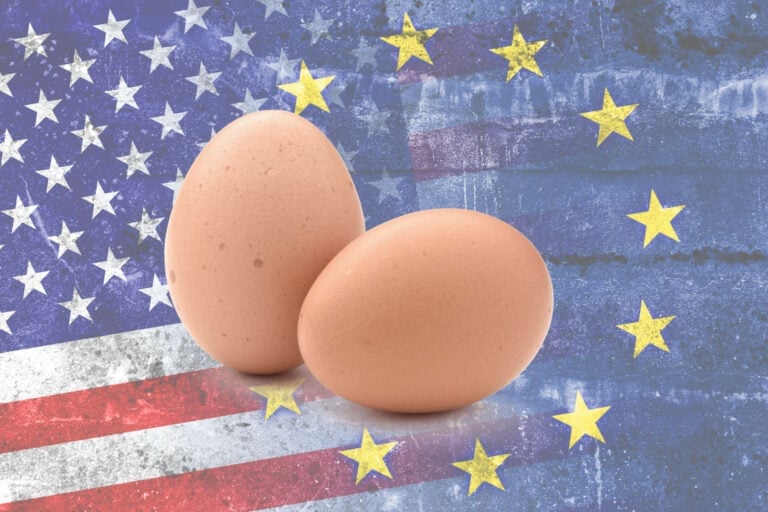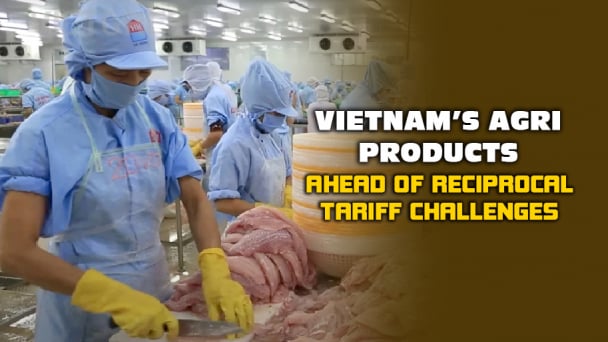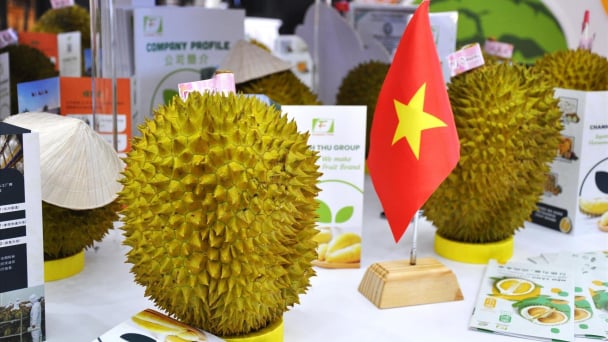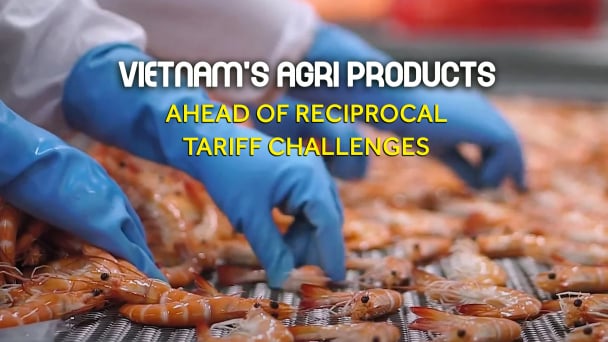May 30, 2025 | 17:38 GMT +7
May 30, 2025 | 17:38 GMT +7
Hotline: 0913.378.918
May 30, 2025 | 17:38 GMT +7
Hotline: 0913.378.918
While the Netherlands, Belgium and Germany are still reasonably spared, the supply on the world market is tight due to outbreaks of bird flu (H5N1) and Newcastle disease (NCD) in Eastern Europe, Russia, Asia and America.

Egg prices in the US are generally much more volatile than those in Europe. Photo: Canva.
The impact of the bird flu outbreak is particularly noticeable in the United States. Since January 2022, more than 1,600 outbreaks of bird flu have been reported on American farms and among hobby farmers in the states of California, Colorado, Iowa, Louisiana, Michigan, Missouri, Nevada, Oregon, Texas, Washington, Wisconsin and Wyoming. More than 166 million chickens have already been affected. In addition to poultry, there are also many cases of dairy cows infected by the virus in the US.
Impact on the price of eggs
The mass culling has had an effect on the egg market. Egg prices in the US are generally much more volatile than those in Europe. In addition, American prices were lower than those in Europe in part of 2023. However, in 2024, US poultry farmers who still had productive animals received an average of 70% more for an egg (€367.29 per 100 kg) than producers in Europe (€216.52 per 100 kg).
The price difference skyrocketed to unprecedented heights this year. With an average of €248.51 per 100 kgs, eggs in Europe brought in 15% more in the first 12 weeks of this year than in 2024. However, American eggs brought in 155% more than last year. The average egg price in the first quarter of this year was €935.43 per 100 kgs, with a peak of almost €1,200 per 100 kgs. That is more than 4.5 times as much as European eggs at that time.
Egg prices in the United States are now falling again following government intervention. To keep eggs affordable for consumers, the country is attempting to increase imports. Several Dutch egg processors have also been approached to supply to the United States. The impact of this is not yet clear, but if it occurs, it will likely generate additional demand in Europe.
(Poultryworld)

(VAN) Reciprocal tariffs are exerting pressure on U.S. exports, prompting Vietnamese firms to shift their focus to Muslim markets, Thailand, and Brazil.

(VAN) A free booth for two years at Xinfadi, Beijing's largest wholesale market, will be allocated to Vietnam's agricultural products.

(VAN) Vietnamese shrimp exporters are actively looking for alternative markets and accelerating shipments to the United States in response to the pressure of impending reciprocal tariffs. This is occurring during a temporary tariff suspension.

(VAN) The import-export turnover between Vietnam and Singapore rose amid a trade rebound, with machinery, electrical equipment, and fuels making up the majority of the transaction value.

(VAN) Director General of the General Administration of Customs of China, Ms. Sun Mai Jun, has pledged to implement measures that will ease the import process for Vietnamese agricultural products.

(VAN) Although Vietnam is still increasing its coffee exports, the industry is currently in the process of determining market strategies in response to the U.S. imposition of reciprocal tariffs.

(VAN) With rising demand in Muslim-majority countries, Halal certification is becoming a critical passport for Vietnamese agricultural products seeking sustainable market access and consumer trust in the Middle East and Africa.